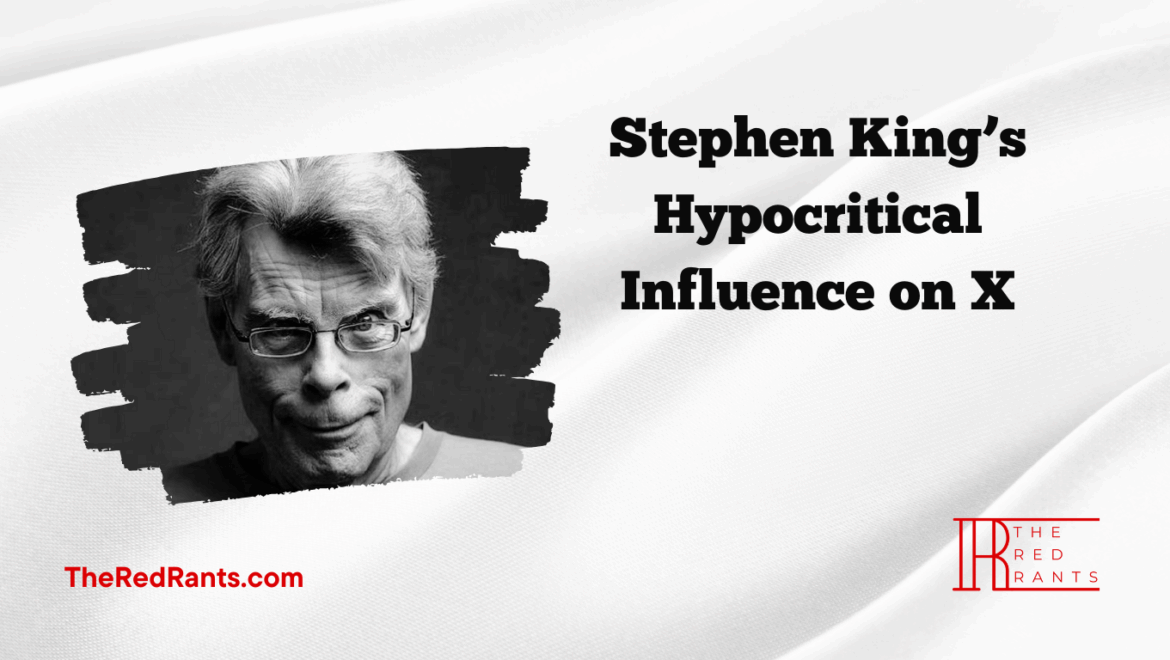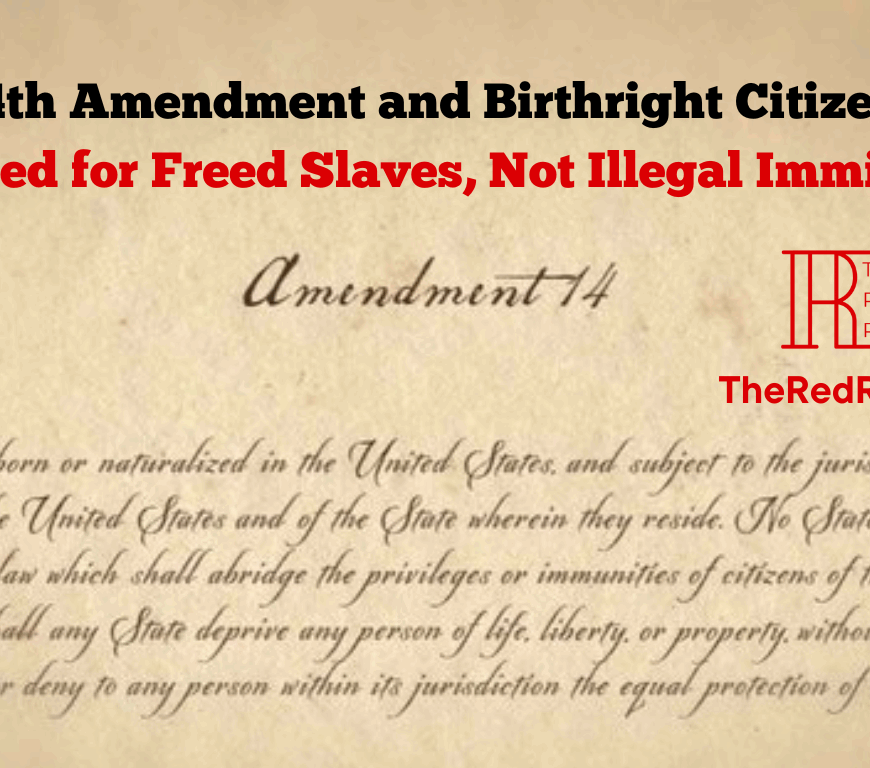Stephen King, a literary icon with over 7 million followers on X under @StephenKing, commands a massive platform that amplifies his views on politics, society, and the platform itself. His influence over fans, who often see him as a moral and intellectual guide, makes his rhetoric particularly impactful. However, King’s hypocritical statements—decrying X’s toxicity while fueling it, condemning its leadership while exploiting its reach, selectively targeting political foes, and engaging in rumors while criticizing disinformation—carry dangerous implications. His inflammatory language and inconsistent principles risk inciting division, normalizing reckless discourse, and undermining trust in public dialogue, especially among his devoted audience.
Fueling Toxicity with Inflammatory Rhetoric
King has repeatedly called X “toxic,” blaming Elon Musk’s leadership for fostering hate and division. In November 2024, he announced his exit, stating, “I’m leaving Twitter. Tried to stay, but the atmosphere has just become too toxic.” Yet, on February 20, 2025, he returned with a vitriolic post: “Just wanted to say that Trump is a traitorous, Putin-loving dip—t! Goes double for Elon!” This incendiary language, targeting Donald Trump and Musk, directly contributes to the hostile environment he condemned.
I'm leaving Twitter. Tried to stay, but the atmosphere has just become too toxic. Follow me on Threads, if you like.
— Stephen King (@StephenKing) November 14, 2024
Just wanted to say that Trump is a traitorous, Putin-loving dipshit!
— Stephen King (@StephenKing) February 20, 2025
Goes double for Elon!
Such rhetoric is dangerous because it normalizes dehumanizing attacks, particularly when wielded by a figure of King’s stature. His 7 million followers, many of whom amplify his posts with thousands of retweets, may feel justified in escalating their own aggressive discourse, believing it aligns with King’s moral stance. This hypocrisy—criticizing toxicity while adding to it—can inspire real-world hostility, as fans emulate his tone in their interactions, potentially deepening societal divides and even inciting confrontations.
Exploiting X’s Reach While Condemning Its Steward
King has consistently criticized Musk’s management of X, arguing it has unleashed hate speech and disinformation. In 2022, he wrote, “Elon Musk is a terrible fit for Twitter… He appears to be making it up as he goes along.” He later resisted the rebranding to X, posting in February 2024, “Dear Elon: Twitter. Twitter, Twitter… F*** your need to put your personal brand on everything.” Despite this, King leverages X’s vast audience to promote his work and views, notably returning in February 2025 around the release of The Monkey, a film adaptation of his story.
This contradiction is perilous because it signals to fans that principles can be compromised for personal gain. By denouncing X while benefiting from its reach, King models a cynical approach to integrity that his followers may adopt. This can erode trust in public figures and institutions, as fans internalize the idea that criticism is performative and self-interest trumps conviction. For a polarized audience, this risks fostering apathy or manipulation, where rhetoric serves as a tool for influence rather than truth.
Selective Outrage That Stokes Division
King’s political posts on X heavily target conservative figures, labeling Trump “a crook, a cozener and a sociopath” and accusing Musk of spreading “pro-Trump disinformation.” Yet, he rarely critiques liberal figures or policies with similar intensity, creating a lopsided narrative. For instance, his calls for Trump’s impeachment over actions like firing FBI Director James Comey lack parallel scrutiny of controversies involving politicians he supports.
This selective outrage is dangerous because it fuels partisan tribalism, particularly among King’s impressionable fans. By vilifying one side while sparing the other, he encourages followers to view political opponents as existential threats, deepening polarization. His influence amplifies this effect, as fans mirror his bias, potentially escalating online disputes into real-world animosities. This hypocrisy undermines his calls for a less divisive X, risking a cycle of retribution that destabilizes civic discourse.
Engaging in Rumors While Decrying Disinformation
King has criticized X’s role in spreading disinformation, particularly under Musk, yet he has flirted with rumors himself. In November 2024, he addressed a false claim that he called Musk “Trump’s new first lady” and was banned, writing, “I didn’t, but only because I didn’t think of it. There’s also a rumor going around that Muskie kicked me off Twitter. Yet here I am.” His playful response, rather than firmly debunking the rumor, risks perpetuating it for amusement.
I like Twitter. It's like gossiping over the world's longest backyard fence.
— Stephen King (@StephenKing) June 25, 2018
This behavior is dangerous because it undermines efforts to combat misinformation, especially from a figure with King’s reach. His fans, who trust his judgment, may see his lighthearted engagement with falsehoods as a cue to spread or tolerate unverified claims, particularly if they align with their biases. This can amplify disinformation’s reach, sowing confusion and mistrust in an already fractured information landscape. King’s hypocrisy—condemning disinformation while toying with it—threatens to erode the credibility of public discourse.
The Ripple Effect of Influential Hypocrisy
King’s contradictions are uniquely dangerous because of his cultural influence. His fans, who view him as a beacon of morality, often amplify his posts, with thousands retweeting his attacks on Trump and Musk. When he decries toxicity but posts vitriol, or condemns Musk while using X’s platform, he endorses a double standard: principles can be sacrificed for impact or convenience. This risks shaping a fanbase that prioritizes loyalty to King’s views over consistency, escalating divisive rhetoric and undermining accountability.
Moreover, King’s return to X after vowing to leave suggests that public commitments are flexible, a message that resonates with followers who may justify abandoning their own principles. His inflammatory rhetoric, unchecked by self-reflection, could inspire fans to act on their outrage, potentially fueling harassment or worse. By modeling hypocrisy, King not only weakens his critique of X’s flaws but also risks inciting a fanbase primed for division and distrust.
Final Thoughts
Stephen King’s hypocritical rhetoric on X—fueling toxicity while condemning it, exploiting the platform while criticizing its steward, selectively stoking division, and engaging in rumors while decrying disinformation—carries dangerous consequences. His 7 million followers, who look to him for guidance, amplify his contradictions, normalizing inflammatory discourse and eroding trust in public dialogue. As a cultural titan, King’s failure to align his actions with his principles risks inciting hostility, deepening polarization, and destabilizing civic discourse, leaving a legacy that undermines the very values he claims to champion.
Let us know your thoughts.




Add Comment